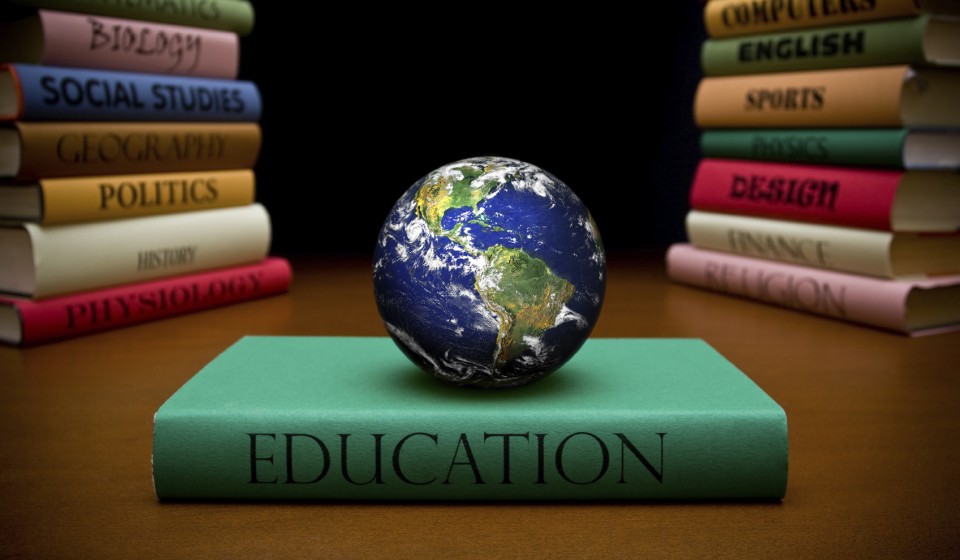
Is the practice of educating students in a Citeref.com/ way that accommodates their individual differences, disabilities, and special needs. This involves the individually planned and systematically monitored arrangement of teaching procedures, adapted equipment and materials, and accessible settings.
Special education is important because it helps students with disabilities learn and succeed in school. It also helps them to develop the skills they need to be successful in life.
There are many different types of special education programs and services. Some common programs and services include:
- Early intervention: Early intervention programs provide services to children with disabilities from birth to age three. These programs can help children to develop the skills they need to be successful in school and in life.
- Special education classrooms: Special education classrooms are designed for students with disabilities who need more support than can be provided in a general education classroom. Special education classrooms typically have smaller class sizes and more individualized instruction.
- Resource rooms: Resource rooms are special education classrooms where students with disabilities can go for extra help. Students may go to the resource room for individual tutoring, small group instruction, or to work on specific skills.
- Related services: Related services are services that are provided to students with disabilities to help them learn and succeed in school. Related services may include speech therapy, occupational therapy, physical therapy, and counseling.
Special education services are available to students with a variety of disabilities, including:
- Learning disabilities: Learning disabilities are disorders that affect how a person learns, reads, writes, or speaks. Some common learning disabilities include dyslexia, dyscalculia, and dysgraphia.
- Intellectual disabilities: Intellectual disabilities are characterized by significant limitations in both intellectual functioning and adaptive behavior.
- Emotional and behavioral disorders: Emotional and behavioral disorders are characterized by significant emotional or behavioral problems that interfere with learning.
- Physical disabilities: Physical disabilities are impairments that affect a person’s mobility, senses, or other physical abilities.
- Speech and language impairments: Speech and language impairments are disorders that affect a person’s ability to communicate.
If you think your child may need special education services, talk to your child’s teacher or school principal. They can help you to determine if your child is eligible for special education services and can help you to develop an individualized education plan (IEP) for your child.
Here are some of the benefits of special education:
- Special education can help students with disabilities learn and succeed in school.
- Special education can help students with disabilities to develop the skills they need to be successful in life.
- Special education can help students with disabilities to feel included and supported.
- Special education can help students with disabilities to reach their full potential.
If you have a child with a disability, please consider special education services. Special education can help your child to learn and succeed in school and in life.
